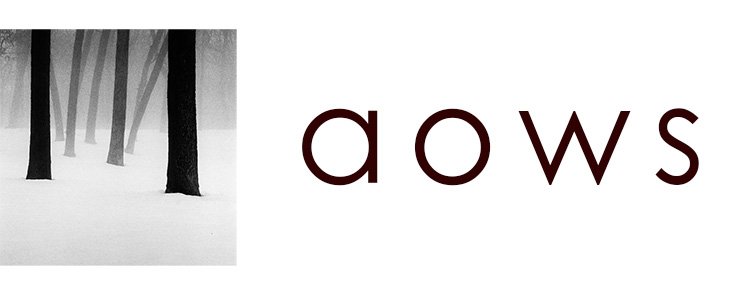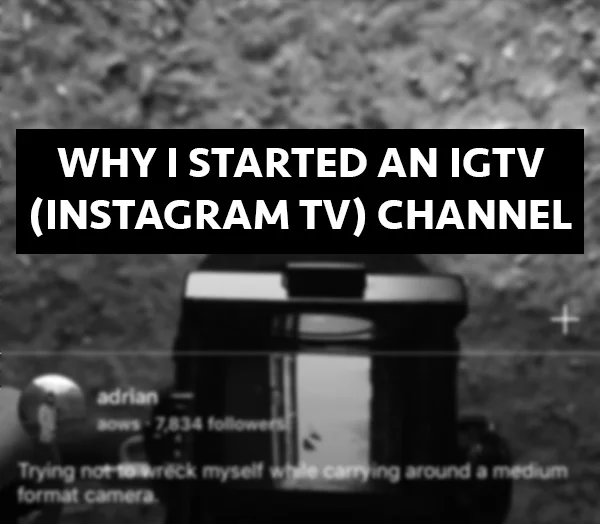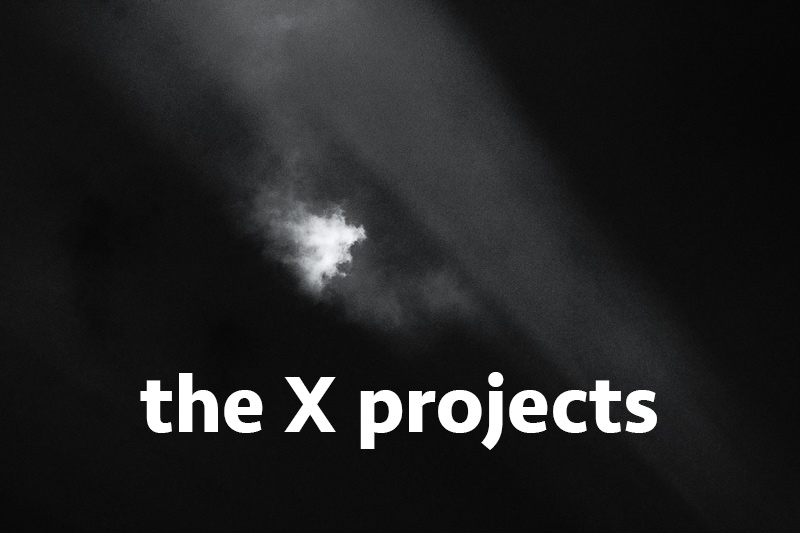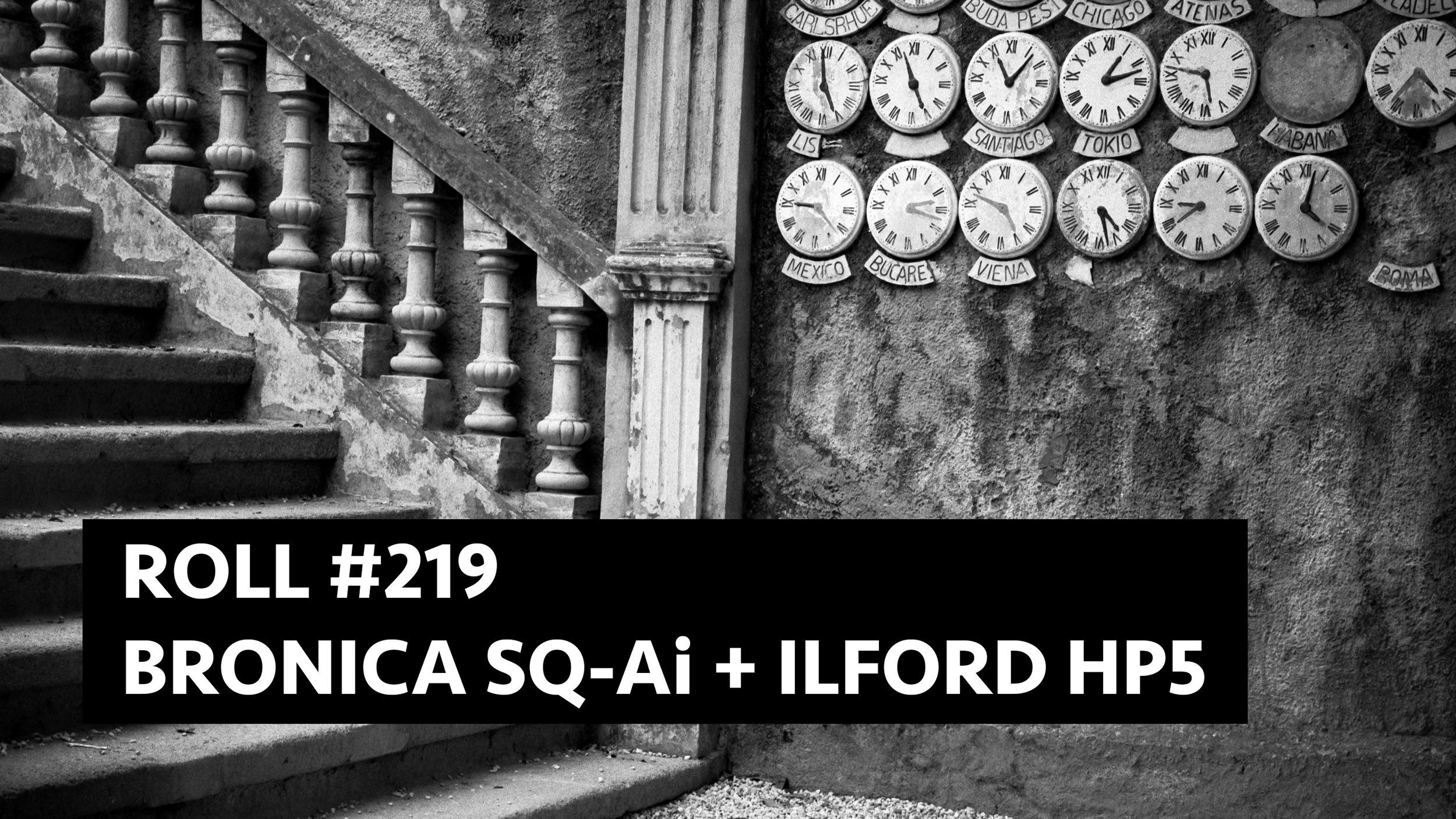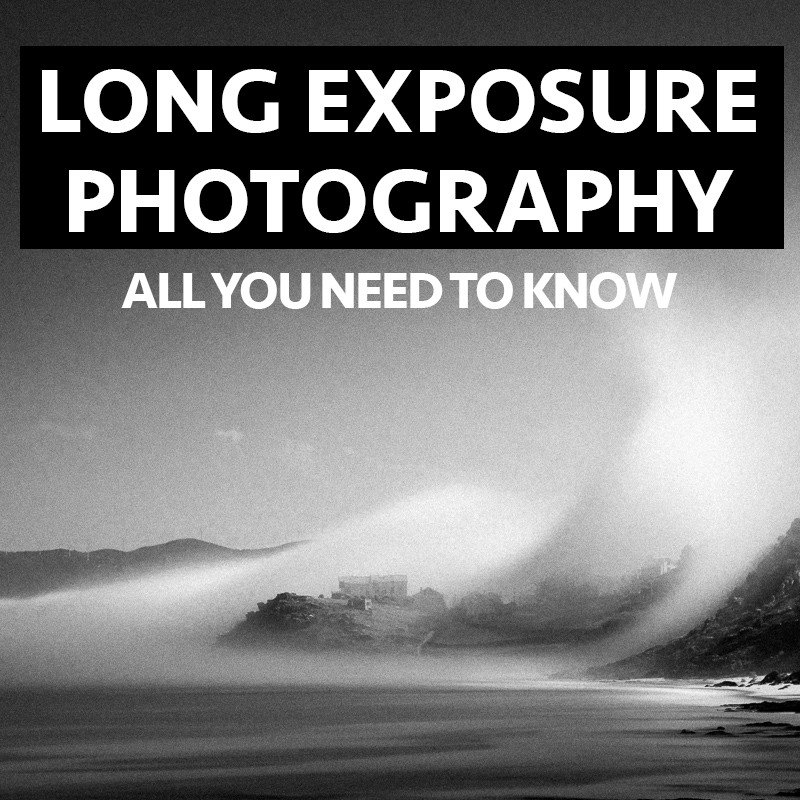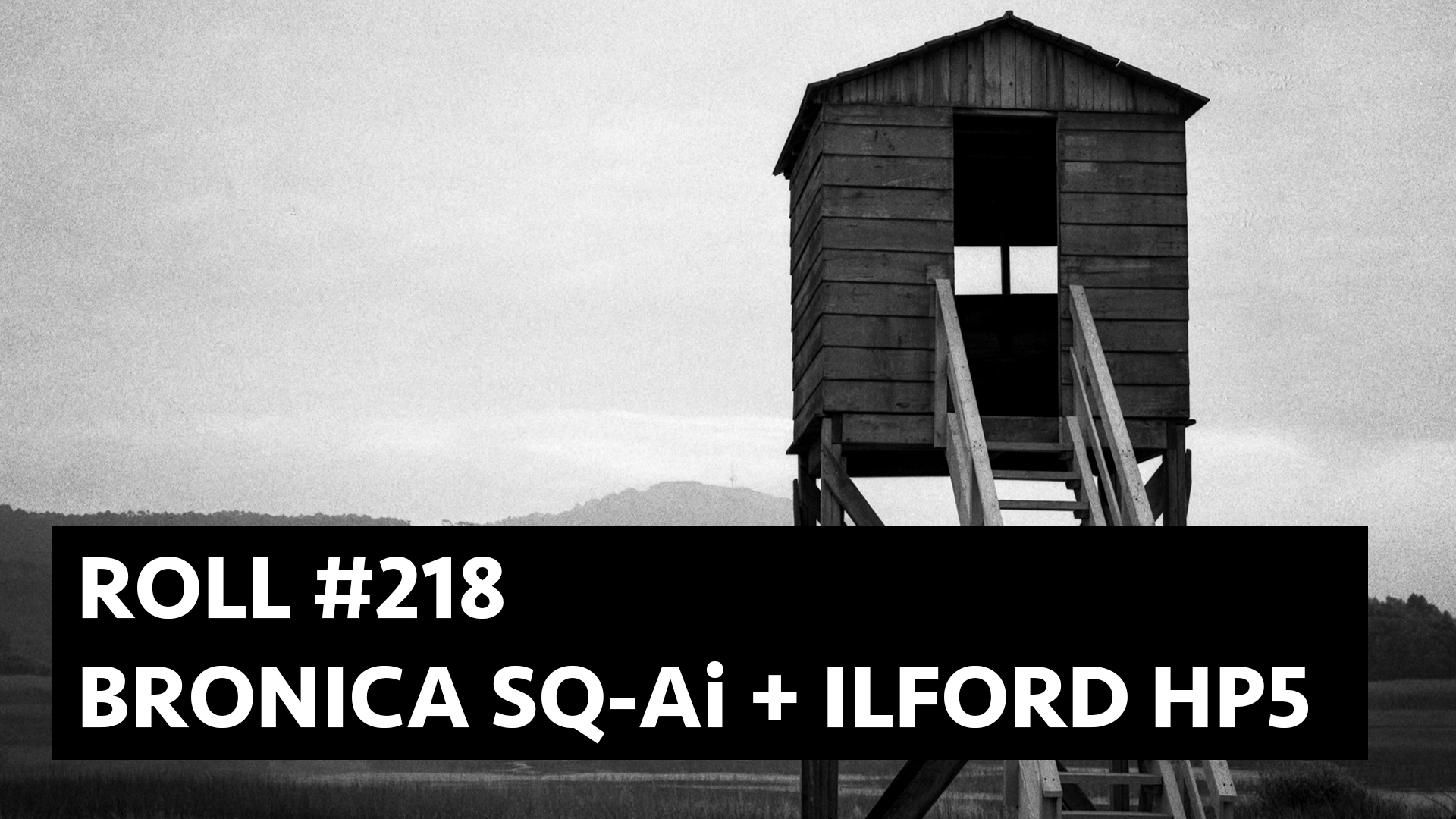In this new chapter of the Long Exposure Photography series, we are going to talk about what is arguably the most important thing when it comes to making good long exposure images: the subject.
While there are no strict rules in long exposure photography and the results might be unpredictable, we should be aware of a few concepts that are usually true.
After talking a bit about them, I'll be showing you plenty of examples of what you can expect to create with long exposures. These are examples from my own archive and represent only a tiny part of what can be achieved with long exposure photography.
This is, in my opinion, the most creative technique in photography, allowing you to develop your own vision and create very unique imagery.
Practice and dedication are required to get the results we want, though. If you like any of the images you see here, try to get out and create t (or something very similar) by yourself. Then, you can add your own twist to it. This is the only way to learn.
Read More